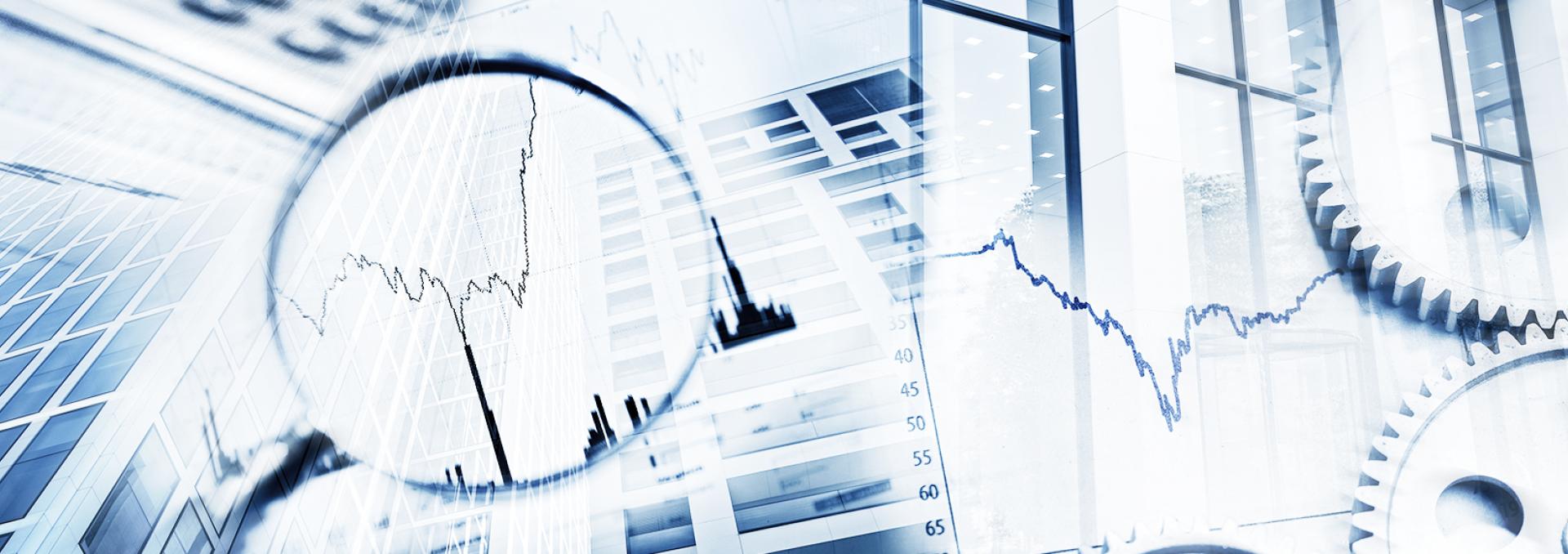
L’actualité économique et financière vous intéresse ?
La banque Bonhôte est heureuse de vous accueillir et de mettre à votre disposition ses experts en matière d’actualité financière.


| USD/CHF | EUR/CHF | SMI | EURO STOXX 50 | DAX 30 | CAC 40 | FTSE 100 | S&P 500 | NASDAQ | NIKKEI | MSCI Emerging MArkets | |
|---|---|---|---|---|---|---|---|---|---|---|---|
| Latest | 0.91 | 1.08 | 10'495.65 | 3'467.60 | 13'137.25 | 5'495.89 | 5'935.98 | 3'557.54 | 11'854.97 | 25'527.37 | 1'209.26 |
| Trend | |||||||||||
| %YTD | -5.81% | -0.51% | -1.14% | -7.41% | -0.84% | -8.07% | -21.30% | 10.11% | 32.12% | 7.91% | 8.49% |
Last week more and more hard facts came to light about Covid-19 vaccines, concurrent with signs of an economic upturn. We advise keeping positions intact, even though investors were spooked towards the end of the week by the rising number of new infections and the restrictions that have been reintroduced. Central banks are likely to ride to the rescue in December with further monetary stimulus, giving asset prices another shot in the arm. In the short term, equity markets are set to remain under pressure, oscillating between good news about vaccine launch dates and bad news on the public health front.
The Swiss government last week announced that it would double support to businesses to CHF 1 billion and expand short-time working. In October, Swiss exports were hit by the downturn in the chemicals and pharmaceutical sectors and by falling watch sales.
In the US, the number of Covid-19 cases continues to rise, forcing several state governors to impose new lockdown restrictions. Weekly initial jobless claims have started to rise again, but production at US factories surprisingly accelerated by 1.1% in October. By contrast, retail sales disappointed, advancing by only 0.3% in the same month – the smallest increase since May, when the recovery began.
Joe Biden has called on Congress to unite and vote through the next stimulus package. Protracted Democratic-Republican talks are increasing pressure on the Fed to inject additional liquidity into the system. Making matters worse, Treasury Secretary Mnuchin announced last Thursday that he would call time on several programmes that allowed the Fed to provide emergency credit lines to struggling companies. Following this bad news, US Treasury yields continued slipping on Friday, in a cautious climate.
ECB boss Christine Lagarde has called on EU leaders to immediately implement the recovery plan decided in July to counter the economic repercussions of the pandemic. Currently approval is being held up by Hungary and Poland, which have vetoed the European debt-pooling plans on rule-of-law considerations.
Just as the dollar declines, Bitcoin is approaching the all-time highs seen in 2017. This exceptional performance seems much less influenced by traders and more by investors with a longer-term horizon. Bitcoin is increasingly being used as a payment method by a handful of large companies such as Square or Paypal (listed on the NYSE), all of which are set to gain from its appreciation.
Reaching the USD 18000 mark, the price of bitcoin has risen 250% year to date and is trading not far from its previous peak in 2017. But whereas in the past the Bitcoin rally propelled it to the forefront of the news and its ascent was followed in the same way as investors track the Dow Jones, this time round, appreciation has taken place behind the scenes.
It is analysts who are now sprinting to find an explanation for the upswing. The correlation between Bitcoin and gold is probably the most widely reported: Bitcoin is said to be digital gold – a kind of ‘2.0’ currency injected with the virtues of a safe haven. Bitcoin has seen its popularity soar and is increasingly available as a payment method.
The question is whether it can now be considered a currency, which has three functions: a unit of account, a medium of exchange and a store of value. Here it is clear that the notion of value – required for safe-haven status – is crucially lacking, judging by Bitcoin’s haphazard price trends. Bitcoin has a high implied volatility and will spring a surprise on any investor who parks their money there.
Thus, be wary of misleading statistics: even a broken clock is right twice a day.

Download the Flash boursier (pdf)
This document is provided for your information only. It has been compiledfrom information collected from sources believed to be reliable and up to date, with no warranty as to its accuracy or completeness.By their very nature, markets and financial products are subject to the risk of substantial losses which may be incompatible with your risk tolerance.Any past performance that may be reflected in this documentis not a reliable indicator of future results.Nothing contained in this document should be construed as professional or investment advice. This document is not an offer to you to sell or a solicitation of an offer to buy any securities or any other financial product of any nature, and the Bank assumes no liability whatsoever in respect of this document.The Bank reserves the right, where necessary, to depart from the opinions expressed in this document, particularly in connection with the management of its clients’ mandates and the management of certain collective investments.The Bank is a Swiss bank subject to regulation and supervision by the Swiss Financial Market Supervisory Authority (FINMA).It is not authorised or supervised by any foreign regulator.Consequently, the publication of this document outside Switzerland, and the sale of certain products to investors resident or domiciled outside Switzerland may be subject to restrictions or prohibitions under foreign law.It is your responsibility to seek information regarding your status in this respect and to comply with all applicable laws and regulations.We strongly advise you to seek independentlegal and financial advice from qualified professional advisers before taking any decision based on the contents of this publication.